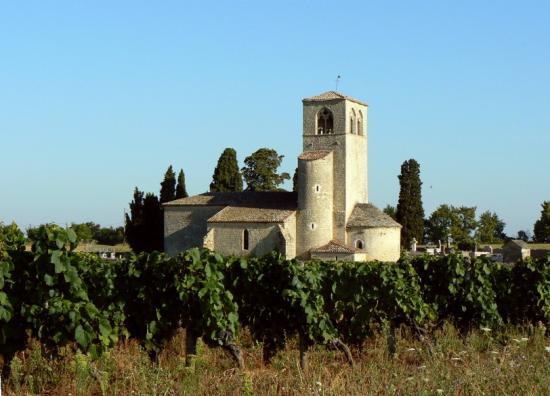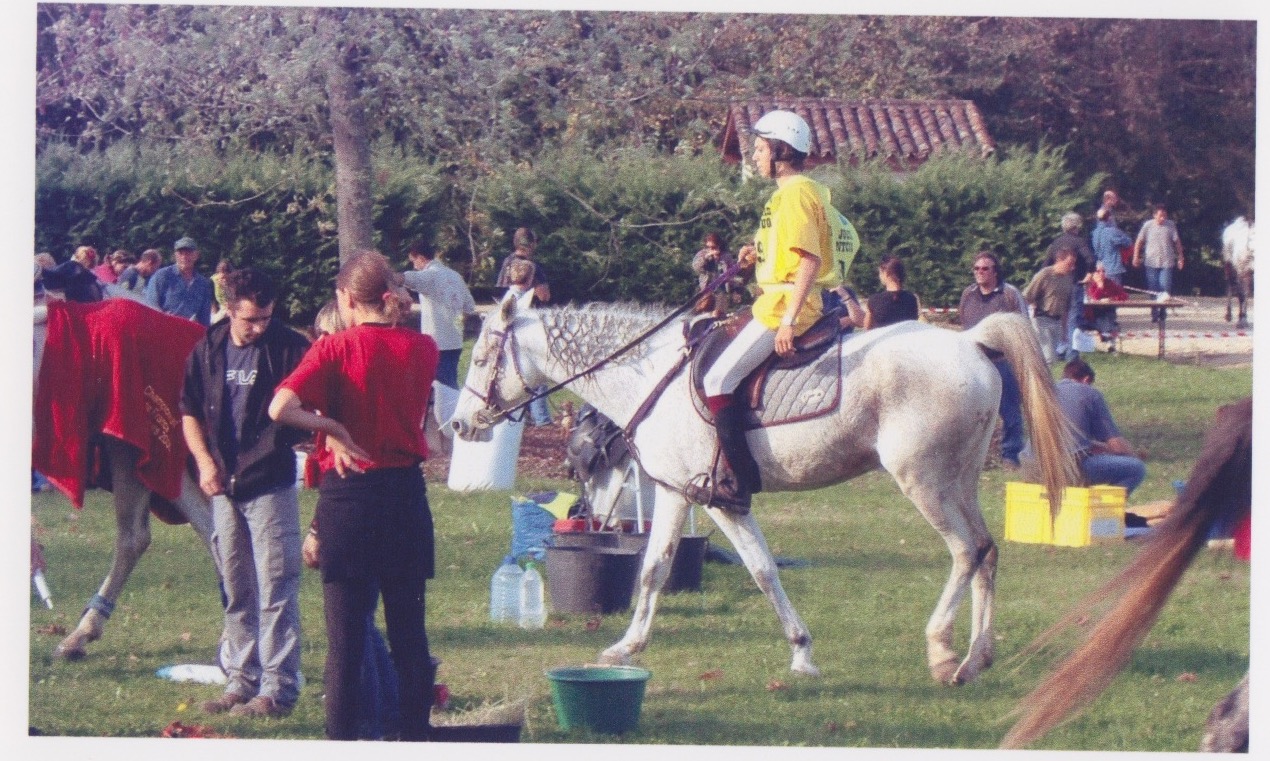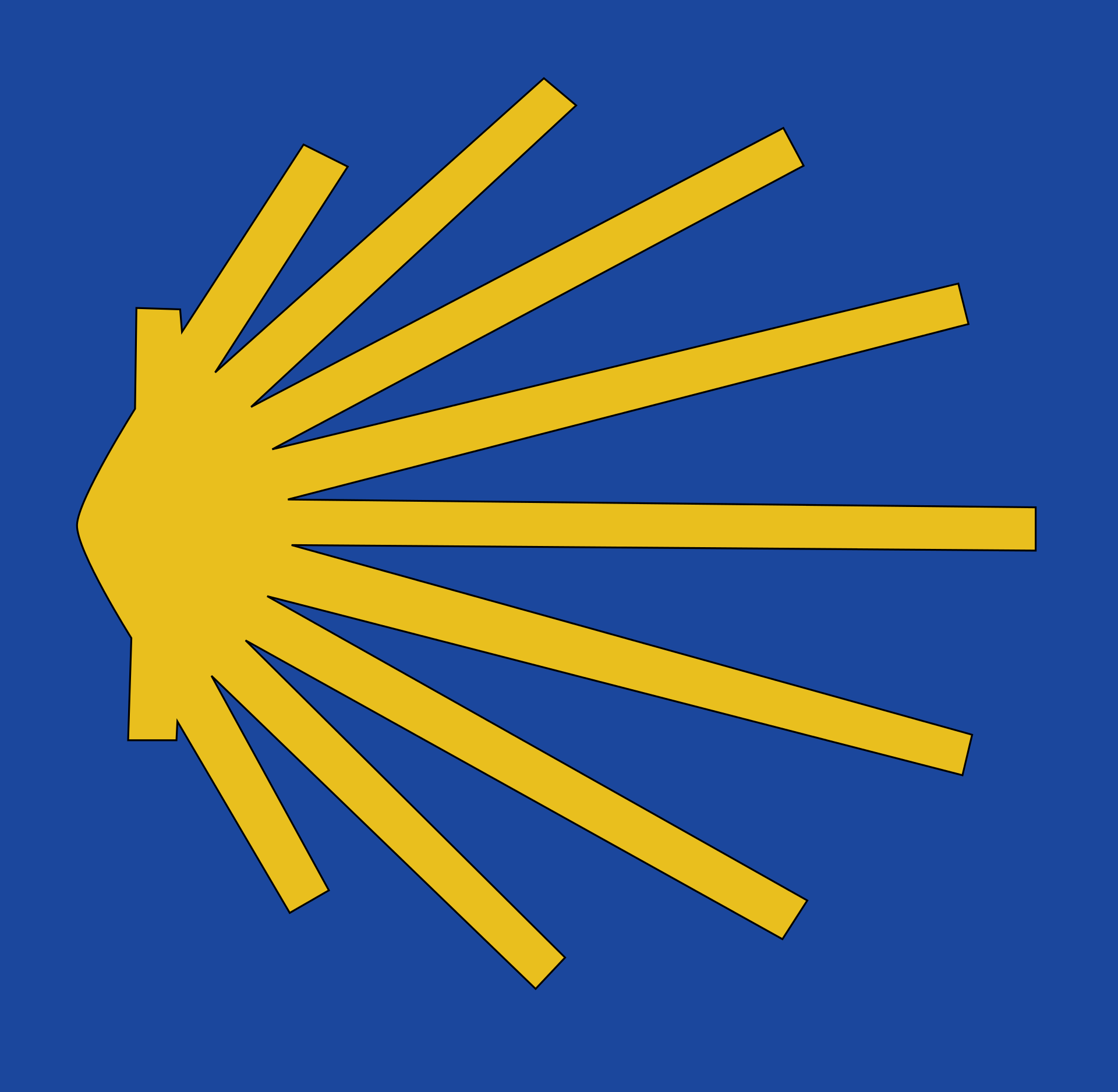
Aquitaine
Aquitaine
England lost Aquitaine, the region of France south of
Bordeaux, in 1453. English people are still welcome there,
as several of our experiences, not long ago, confirmed!
One delightful incident was in Monsegur,
which calls itself the “English Bastide Town”, dating from
1265. We parked in the medieval arcaded town square and
began to explore on foot. Perhaps we looked lost! We were
engaged in conversation by an elderly French lady, proud
of her town, who decided to give us helpful guidance. She
was “Michelle” – and she turned out to be the perfect tour
guide, well aware that she needed to speak slowly and
clearly to us. She was proud of her advanced years – and a
little disappointed to discover that we were even older!
After a fascinating walking tour, during which we learned
about her own life, as well as about the town, our route
eventually reached the tourist office, where Michelle
decided that we should collect some English language
leaflets. The staff there knew her, and quite clearly
disapproved of her free-lance activities! But we did not!
 Elsewhere in the region, we have explored
around Lacapelle Cabanac, close to the river Lot. The
Eglise de Cabanac has stood, almost alone, since the
Hundred Years War. The only nearby building is the Chateau
Latuc, surrounded by its vineyards. On our first of
several visits there, the owner and his father greeted us
with hands dripping with red grape juice, hastily wiped
before shaking our hands. But we also had a subsequent
memorable visit, received by Mme. Meyan, the owner’s
mother. I could not resist mentioning that the day was
“mon anniversaire” – and my 80th at that. Our purchase was
supplemented by a complimentary bottle, and a kiss on both
cheeks to send us happily on our way.
Elsewhere in the region, we have explored
around Lacapelle Cabanac, close to the river Lot. The
Eglise de Cabanac has stood, almost alone, since the
Hundred Years War. The only nearby building is the Chateau
Latuc, surrounded by its vineyards. On our first of
several visits there, the owner and his father greeted us
with hands dripping with red grape juice, hastily wiped
before shaking our hands. But we also had a subsequent
memorable visit, received by Mme. Meyan, the owner’s
mother. I could not resist mentioning that the day was
“mon anniversaire” – and my 80th at that. Our purchase was
supplemented by a complimentary bottle, and a kiss on both
cheeks to send us happily on our way.
 Not far from Lacapelle Cabanac is the
village of Montcuq. In riding circles, ‘Les 2 Jours de
Montcuq’, a 200 km international horseback endurance
competition, is famous. We wandered freely among the
participants on one occasion. But Montcuq achieved rather
more notoriety in 2011, in the French equivalent of our
“Boaty Mcboatface” affair. The makers of Monopoly unwisely
entrusted the public with nominations and on-line voting
for the location of a new version of the game. Montcuq
won! Why, you may ask? Well the French pronunciation of
“Montcuq” is identical with “Mon cul !”, which (as Google
will tell you) translates as “my arse”.
Not far from Lacapelle Cabanac is the
village of Montcuq. In riding circles, ‘Les 2 Jours de
Montcuq’, a 200 km international horseback endurance
competition, is famous. We wandered freely among the
participants on one occasion. But Montcuq achieved rather
more notoriety in 2011, in the French equivalent of our
“Boaty Mcboatface” affair. The makers of Monopoly unwisely
entrusted the public with nominations and on-line voting
for the location of a new version of the game. Montcuq
won! Why, you may ask? Well the French pronunciation of
“Montcuq” is identical with “Mon cul !”, which (as Google
will tell you) translates as “my arse”.
 Montcuq lies on the
“Sentier de Saint-Jacques-de-Compostela”, part of the
ancient pilgrim routes, frequently way-marked by this
emblem, which lead to the shrine in Santiago de Compostela
in north-west Spain. Still in Aquitaine, but much nearer
the Pyrenees (travelling by car, of course), we have
occasionally stopped near this pilgrim standing outside
another ancient church. Many modern pilgrims trudge past.
Montcuq lies on the
“Sentier de Saint-Jacques-de-Compostela”, part of the
ancient pilgrim routes, frequently way-marked by this
emblem, which lead to the shrine in Santiago de Compostela
in north-west Spain. Still in Aquitaine, but much nearer
the Pyrenees (travelling by car, of course), we have
occasionally stopped near this pilgrim standing outside
another ancient church. Many modern pilgrims trudge past.
Such lovely memories! Vive la France!